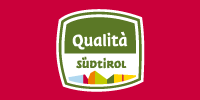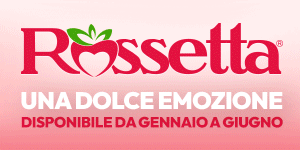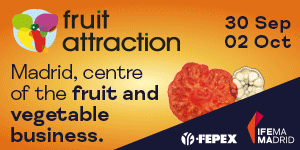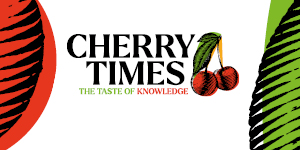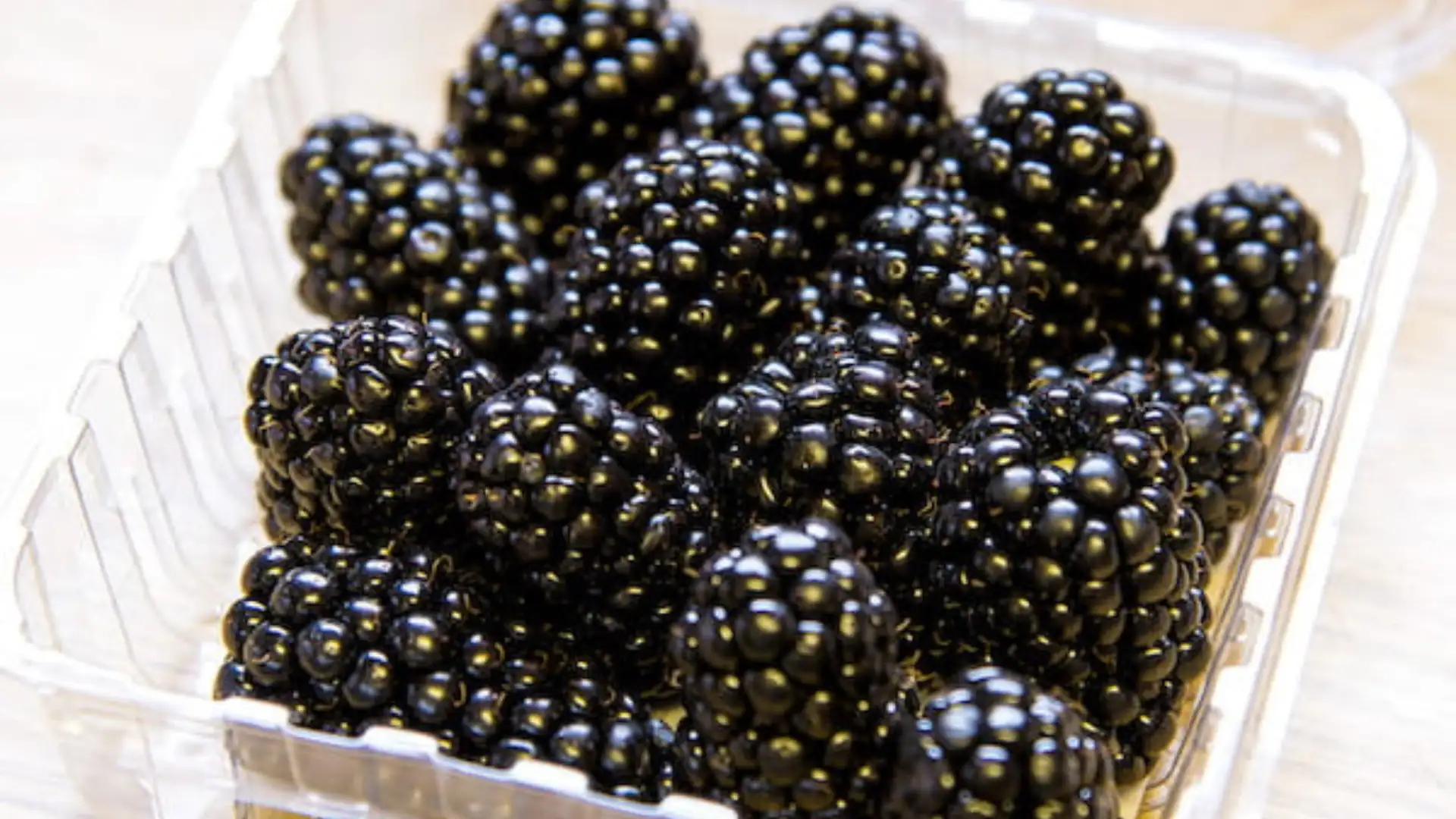For the 2021/2022 season, the planting phase shows a total planted area of strawberries and berries red in the province of Huelva (Spain) of 11,740 hectares, which is very similar to the 11,630 hectares of berries planted last year, a small increase of 0.95%.
The Association of Strawberry Producers and Exporters of Huelva, Freshuelva, has reported that, according to data provided by its member companies, the area planted with strawberries amounts to 6,167 hectares, slightly more, close to 1%, than the 6,105 hectares planted with strawberries last season.
blueberry is the berry with the largest increase in area, specifically 6.70% with a total of 3,532 hectares, compared to 3,310 hectares planted last season. This situation is mainly due to the fact that the bush entered commercial production three years after it was planted and to the fact that many growers opted for this crop as a complement to strawberries.
The agricultural organisation has also noted an increase in varietal diversification in this berry, which is consolidating its position as the second most important berry in the province after strawberries, with a special increase in early varieties that allow access to the market from the beginning of the year or even during the Christmas period, although it is still with small quantities.
The agricultural organisation has also noted greater varietal diversification in this berry, which is consolidating its position as the second most important berry in the province after strawberries, with a special increase in early varieties that allow market access from the beginning of the year or even over the Christmas period, although still in small quantities.
The most negative figure is for the raspberry, whose planted area has decreased by 8.10%, from 2,070 hectares last season to 1,902 this season, which will not be in production at the same time, as the diversity of varieties means that raspberries can be harvested in autumn and spring. The raspberry figures show that it is the red fruit which has been most affected by competition from outside the EU in the last two months.
The area of blackberries, on the other hand, also suffered a 4 percent decrease from 145 hectares to 139 this season. Freshuelva stressed that these figures show that the crop diversification efforts begun in previous seasons have been consolidated, thus ensuring the presence of Huelva berries in the markets for practically nine months of the year.
The red berry sector is facing a new season which was characterised by post planting rains which were good for the most part, although they caused losses earlier on the west coast. Subsequent high temperatures meant that replanting was completed almost mid-November. This, together with the cold weather in early December, is causing a delay in the harvesting of the first strawberries, which are gradually ripening.
THE INCREASE IN PRODUCTION COSTS
Freshuelva, also stressed the "serious consequences" that the soft fruit sector in the province of Huelva is suffering due to the excessive increase in production costs , which could make their profitability very difficult during the season.
Freshuelva detailed that this year farmers face costs that have risen to almost impossible levels with increases of 20% for plants, 150% for fertilisers, 33% for water and 46% for plastic, although even more spectacular are the increases in diesel used by tractors (+73%) and electricity (+270%). Added to this are the labour and health costs resulting from the pandemic, which have increased by almost 30% in the last three years.
In this sense, he justified and supported the mobilisations called in the countryside, since, moreover, the increase in food prices that consumers are facing "does not affect farmers, the first link in the food chain, who see their losses increase when they do not even cover their production costs with sales, on certain occasions during the campaign".
This is why Freshuelva has called on administrations to take " effective measures" to reverse this situation so that "farmers have prices that allow them to live with dignity on their farms", and at the same time asks large supermarkets to support local products and fair prices for producers and consumers".
At this point, Freshuelva showed its "concern" that this situation of increased costs "is being exploited by third countries selling in Europe without having to pay tariffs and with much lower production costs, creating unfair competition in the markets", so they warned the large supermarkets of the "importance" of supporting local production to "overcome this serious problem between all parts of the food chain"; at the same time they asked for measures from the administrations to encourage this consumption on such important dates as these.
Source: Freshuelva
